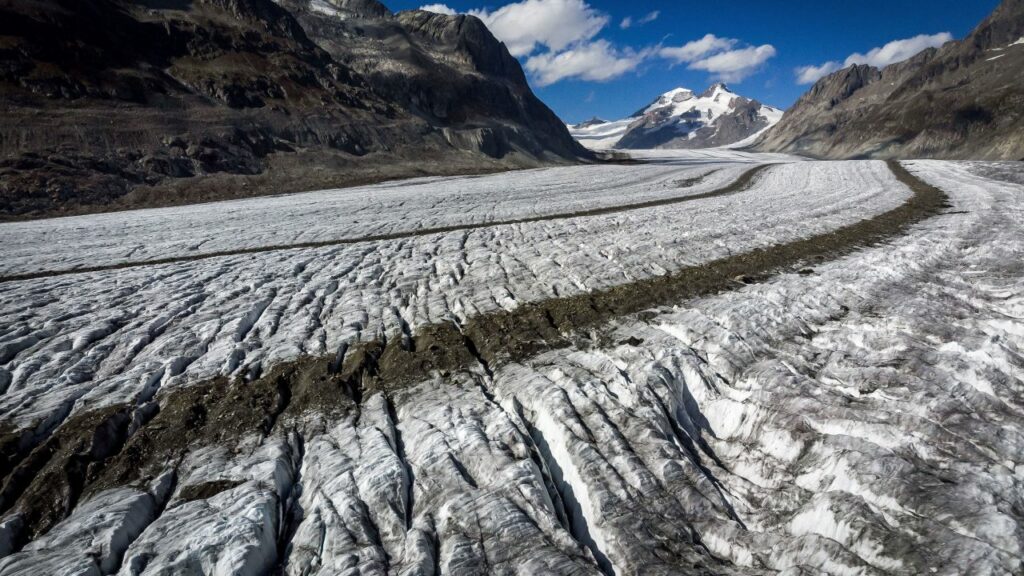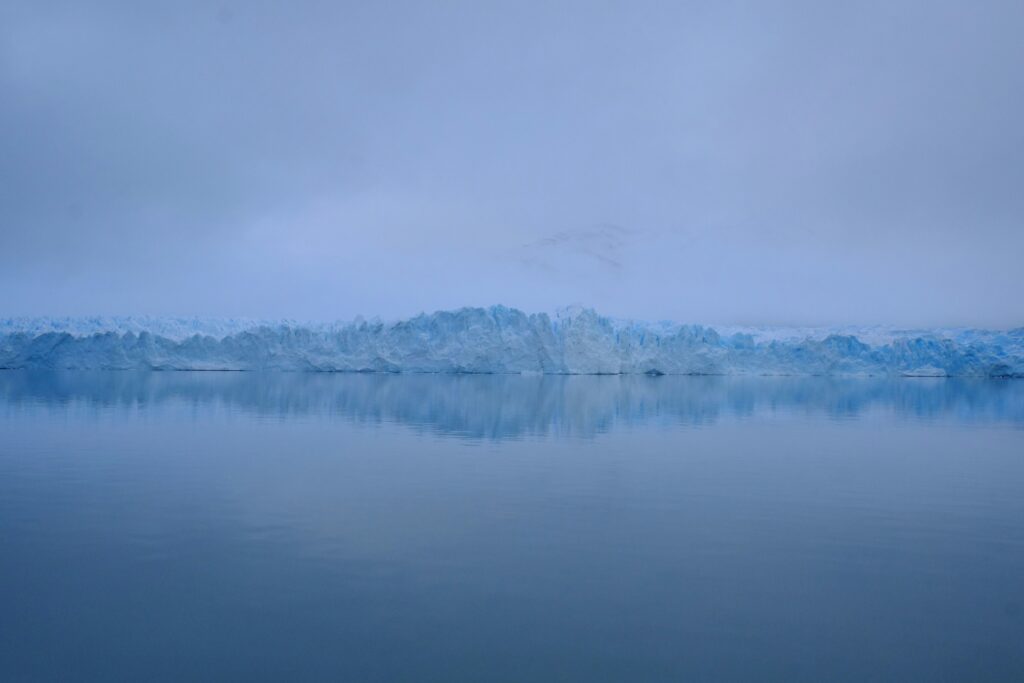From the we-are-all-going-to-die climate file, always something new. In this case a warning from the Guardian that “Next pandemic may come from melting glaciers, new data shows”. And not from a Chinese biological warfare experiment. Or the tropics. Or a hotspot of human interaction with domesticated animals somewhere wet and warm. No indeed. Climate change is coming for us in a coldspot with plague as well as famine and war and whatever.
It’s hard to know whether we’re in the presence of science or science fiction here. The piece insists that:
“Genetic analysis of soil and lake sediments from Lake Hazen, the largest high Arctic freshwater lake in the world, suggests the risk of viral spillover – where a virus infects a new host for the first time – may be higher close to melting glaciers. The findings imply that as global temperatures rise owing to climate change, it becomes more likely that viruses and bacteria locked up in glaciers and permafrost could reawaken and infect local wildlife, particularly as their range also shifts closer to the poles.”
Which if taken seriously means the last glaciation, and the Pleistocene Ice Age generally, are a secret boon to humanity, and indeed life generally, other than nasty plagues, because it somehow managed to lock up nasties that were rampaging in those terrible conditions much warmer than today’s warmest conditions ever but only in their coldest parts.
The author who perpetrated this fatuity actually has a B.Sc. in cell biology. But it is doing her little good because, if you have a brain in good working order, you are aware that the chance of picking up some virulent illness is, generally speaking, much lower in the Arctic and the Antarctic than it is in the tropics.
We don’t care if you’re a person or a turtle, other than noting that the Arctic is a bit thin on turtles. The warmer parts of the planet are swarming with life from the spectacular (coral reefs and parrots) and the adorable (chimpanzees) to the hideous (Ebola). North of 60, or south of it, well, lichen and penguins. So why, we ask in dismay, would the really bad stuff be entombed in what’s left of the glaciers after 12,000 years of melting (or 500 if you count from their natural advance in the Little Ice Age then natural retreat), rather than being red in tooth and furin cleavage site throughout the places such viruses are not in a deep freeze and never were?
The article tries to spook us with news like “in 2016 an outbreak of anthrax in northern Siberia that killed a child and infected at least seven other people was attributed to a heatwave that melted permafrost and exposed an infected reindeer carcass. Before this, the last outbreak in the region had been in 1941.” But we know, because we have Google on our computers, that anthrax is a big issue in warm places like “Central and South America, sub-Saharan Africa, central and southwestern Asia, southern and eastern Europe, and the Caribbean” where they are not spared outbreaks for six decades at a time because they are warm, and rare in Siberia where they are because it is not, rather than being some ghastly blight absent from the unfrozen non-tundra but lurking there should the fire-ice melt or some such.
Plus obviously when it comes to evil man-made warming, well, everything that happens is bad and everything bad becomes probable. Thus “climate change is predicted to alter the range of existing species, potentially bringing new hosts into contact with ancient viruses or bacteria.” Whereas if cooling altered the range of existing species, bringing them into contact with new pathogenic as well as geographic conditions, well, the Guardian wouldn’t be on it.
The story fizzles out with a warning that it’s actually the Arctic that might get invaded by germs not the reverse. But never mind because climate change aaaaaaaaah! We are all going to die:
“‘we do urgently need to explore the microbial worlds all over our planet to understand these risks in context,’ he [director of the Interdisciplinary Centre for Environmental Microbiology at Aberystwyth University Arwyn Edwards] said. ‘Two things are very clear now. Firstly, that the Arctic is warming rapidly and the major risks to humanity are from its influence on our climate. Secondly, that diseases from elsewhere are finding their way into the vulnerable communities and ecosystems of the Arctic.’”
QED. Or something.



Given that state-origin, taxpayer-funded, rent seeking bounty available exclusively to those onboard is what passes for virtually all environmental related research these days, this kind of hypothesis reinforcement is hard to avoid.
John, cripes, rewrite that note so a normally sentient being can understand it.... jeeez.